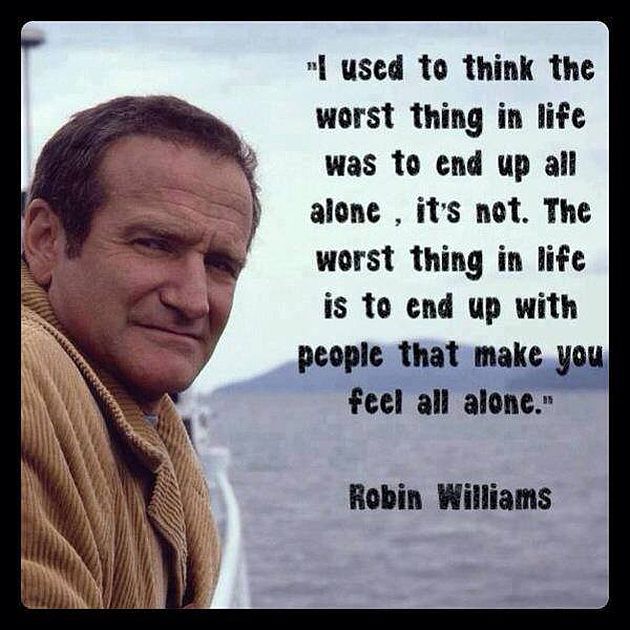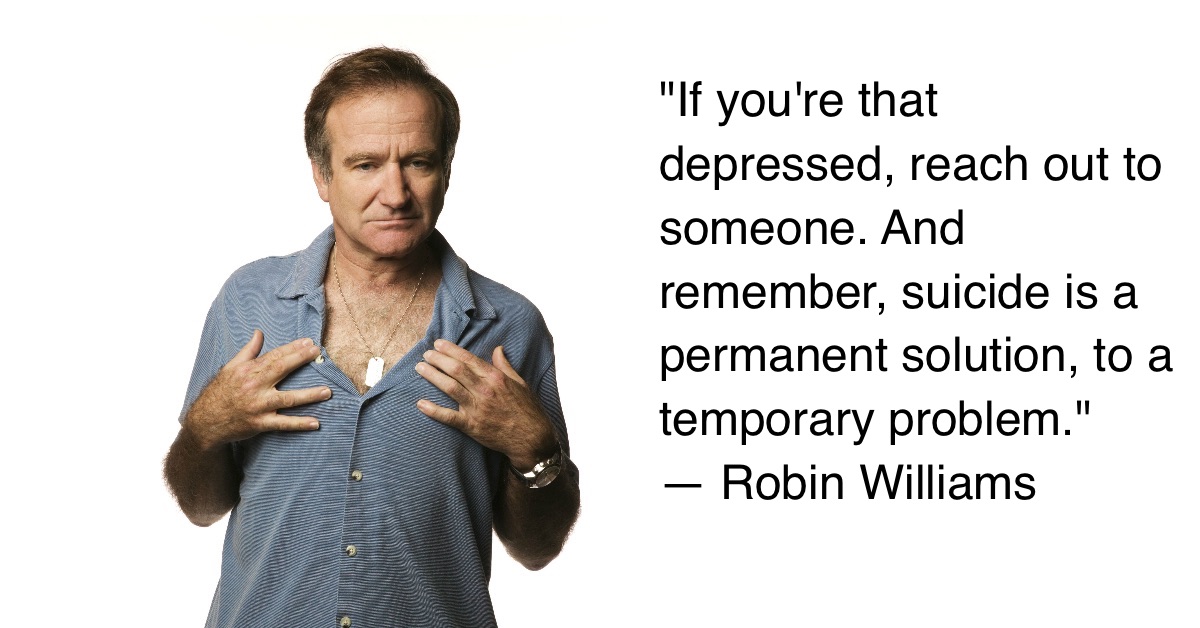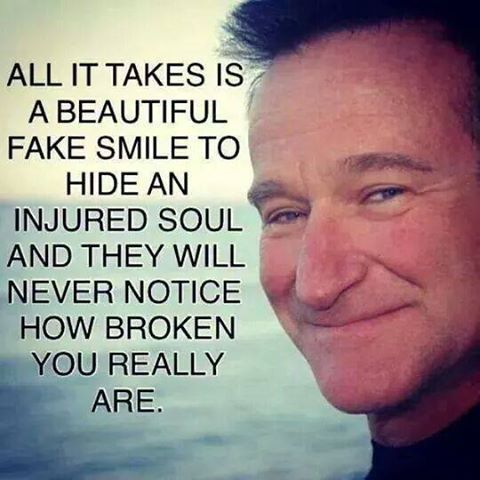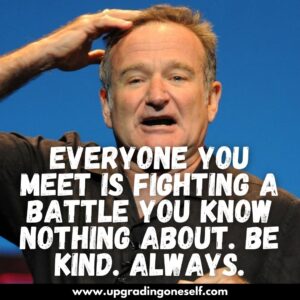Grave Robin

Samir Mehta | October 10, 2022
[hidden by request]

Scott Hardie | October 11, 2022
Excellent point. I have noticed this with Brendan Fraser, who lately has been celebrated non-stop with positive memes hailing the resurgence of his career that annoy me. For one thing, his earlier work was fine (I enjoyed a few of his movies) but not exactly cinematic masterpieces; his best-regarded film is the least popular Best Picture winner of the last twenty years. For another thing, while I'm glad to see him finally recover mentally and professionally from being sexually assaulted by an industry VIP and blacklisted when he talked about it, this shit happens to women all the time and there's no similar outpouring of love and support for them. Where are the memes for Mira Sorvino, Ashley Judd, Rose McGowan, Nicole Eggert, Sondra Locke, Annabella Sciorra, Rosanna Arquette, Mia Kirschner, and countless other women who experienced the same? Lifting up Fraser (or Terry Crews or Corey Feldman) to say that "see, men get sexually assaulted too!" when there are far more women who suffer that fate is like lifting up Johnny Depp to say that "see, men suffer spousal abuse too!" and you know how I feel about that.
I told Kelly about your theory that "meme culture is garbage" and she said, "yeah, but it's really just people that are garbage." In other words, our entire culture treats famous people unfairly for all kinds of bizarre unconscious reasons, and memes are just an especially efficient way to communicate our ideas about those famous people. I think she's on to something.
About Robin Williams: How many people still think that he committed suicide because he was depressed? That was the initial widespread assumption, and I thought most people had heard about the debunking of that idea, but maybe I'm way off.
Want to participate? Please register a new account or log in.
Scott Hardie | October 9, 2022




Is anyone else baffled by the post-mortem transformation of Robin Williams?
During life, Williams was celebrated for being unpredictable and off-the-rails as a comedian, fueled by cocaine and who knows other drugs in his early years. He could zip through impressions, raunchy jokes, and free association at a lightning pace. The producers of Happy Days famously said that although plenty of actors auditioned for the role of an alien, Williams was the only one who WAS an alien, because of his rapid-fire weirdness and manic energy. That's the Robin Williams that I remember!
Williams tried drama many times, and found some success in a few dramatic parts like Good Will Hunting and Dead Poets Society and Awakenings. But usually when he got serious, he was mocked for making schmaltz like Patch Adams and Jack and Bicentennial Man, or criticized for making weird shit like What Dreams May Come and Toys and The Fisher King, or jeered for wasting his talents on mediocre children's films like Flubber and Robots and Hook. That's also the Robin Williams that I remember.
And yet, judging from the endless memes that I see online, in death Williams seems to have transformed into some kind of Internet Saint of Mental Health and/or Suicidality Awareness. He appears in endless tribute images like these:
This just doesn't jibe with his previous public image at all. Yes, he spoke about depression on occasion, and urged people to get help. Yes, he committed suicide, but not out of depression; he had a degenerative fatal illness and chose to skip the terrible final months of his life. It's just weird to me that something that was a tiny aspect of his public persona has almost completely taken over our collective memory of him in death. Richard Pryor made dramas and George Carlin made children's TV shows, but they're still remembered for their quick wits and sharp tongues. Why is Williams different?